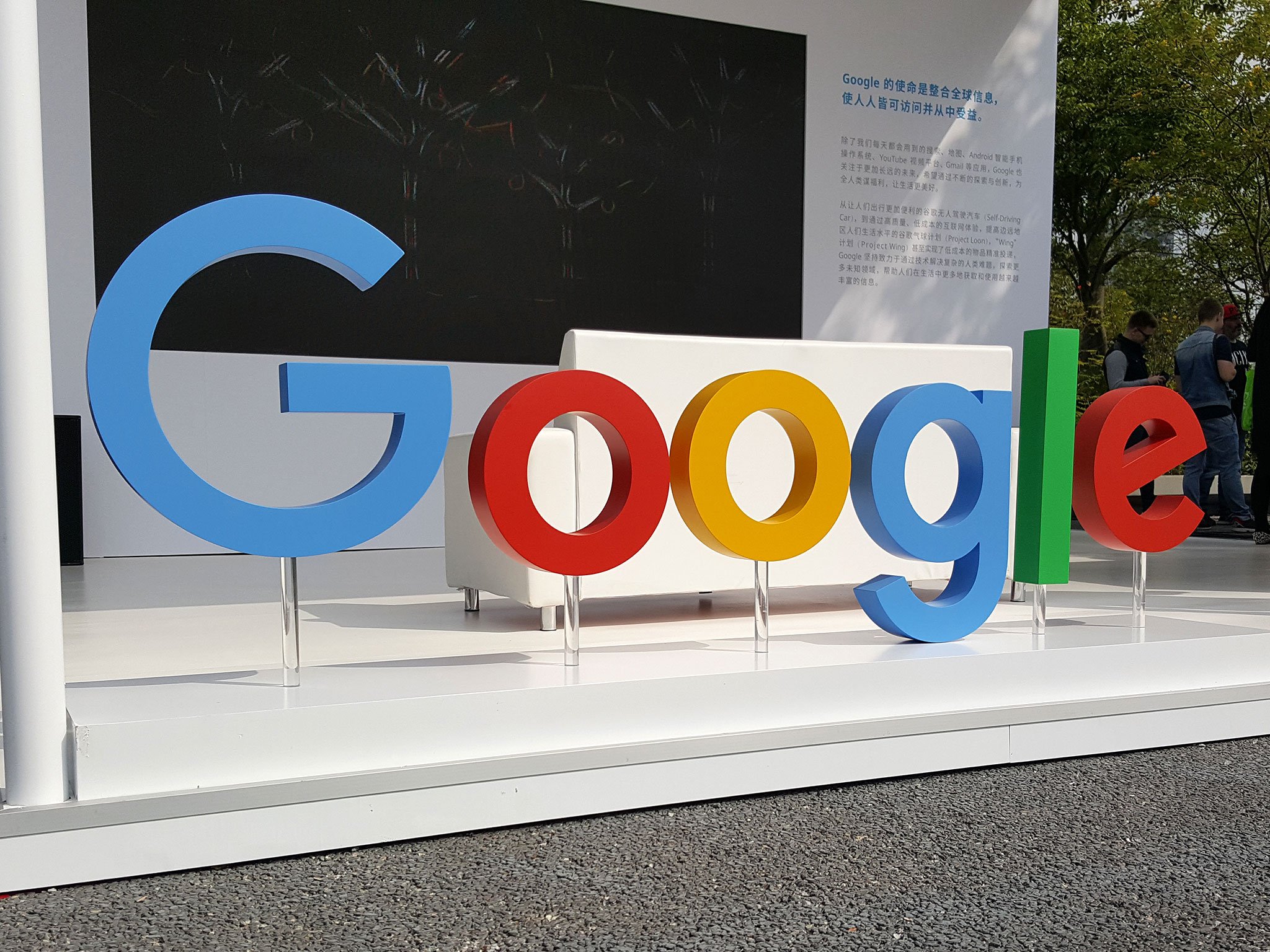Google's lobbying efforts in DC have formed some controversial partnerships

The Guardian broke a story that leaves a bad taste in the mouths of many — Google is making sizable financial contributions to groups that deny human involvement has anything to do with climate change. This is a stark contrast to the company's public statements on the matter, which all claim to support global action to ease the threat of global warming. And it's doing it to try and convince conservative lawmakers according to the Guardian's sources.
To be fair, Google isn't the only tech company with two faces on the climate change front and contribution to any group doesn't mean a 100% agreement with its agenda. A Google spokesperson tells The Guardian that "it sponsored organizations from across the political spectrum that advocates for strong technology policies". This time, though, it appears that contributions are aimed to have a direct effect on Google's protections under section 230 of the Communications Decency Act — a law that protects Google from being responsible for third-parties that use its services.
That's the subject of a companion article from The Guardian that's not getting nearly as much attention even though it's the more important headline. Conservative lawmakers are split on how section 230 should protect companies like Google. Some, like Senator Cruz from Texas, say Google shows bias against conservatives and shouldn't be protected under section 230 and be liable for all of its content while others are adamant that section 230 fosters growth and may even desire complete deregulation. Donating to the "right" political groups can win friends in the "right" places, and this may be the catalyst behind Google's actions.
It seems wheels in Washington won't ever turn without the right lubricant — cold hard cash.
In particular, the Competitive Enterprise Institute comes into play. The CEI is a strong proponent of the idea that climate change is a myth but strongly favors Google's protections under section 230. A recent letter to Congress says that section 230 creates new venues for conservative speech and that any lawmaker who is in favor of changing it are "well-meaning but mistaken". A CEI senior fellow has also defended Google against claims from 48 state attorney generals and their recent antitrust investigation.
When you look at all of this in a bubble, it seems as though Google has two agendas and hides its intentions from both sides. This is true, but it's also a look at how things work in Washington and how distasteful it all is. Google has a fairly liberal stance when it comes to things that affect us as people. Google favors education, promotes the welfare and well-being of people everywhere and tries to shape public policy in ways that help us — like investigating global warming and what we can do about it, for example.
No matter where you fall on the political spectrum you should expect consistency.
Meanwhile, behind the scenes, Google's other face is making huge donations to political groups that reject some or all of these ideas and may be doing so in order to curry favor among lawmakers so it can continue to operate as always and bank more money. Should Google — and Microsoft and Apple and Facebook — be protected under section 230 of the Communications Decency Act? I believe so and hope that my representatives in Washington agree. I don't want a company like Google to stack the deck under the guise of free-market or deregulation by offering large sums of money to any political action group. Any laws should stand or fall on their own merit and section 230 is no different.
But that's where we are today. Quid Pro Quo, Tit for Tat, You Scratch My Back and I'll Scratch Yours are how everything seems to happen in Washington and how anything helps or hinders us is no longer important. It's probably always been this way and the internet shines a brighter light on it all. That doesn't make it OK and we don't have to like it. No matter which side of the divide you may be on, we all deserve better than playing both sides — whether by necessity or not.
Be an expert in 5 minutes
Get the latest news from Android Central, your trusted companion in the world of Android

Jerry is an amateur woodworker and struggling shade tree mechanic. There's nothing he can't take apart, but many things he can't reassemble. You'll find him writing and speaking his loud opinion on Android Central and occasionally on Threads.
